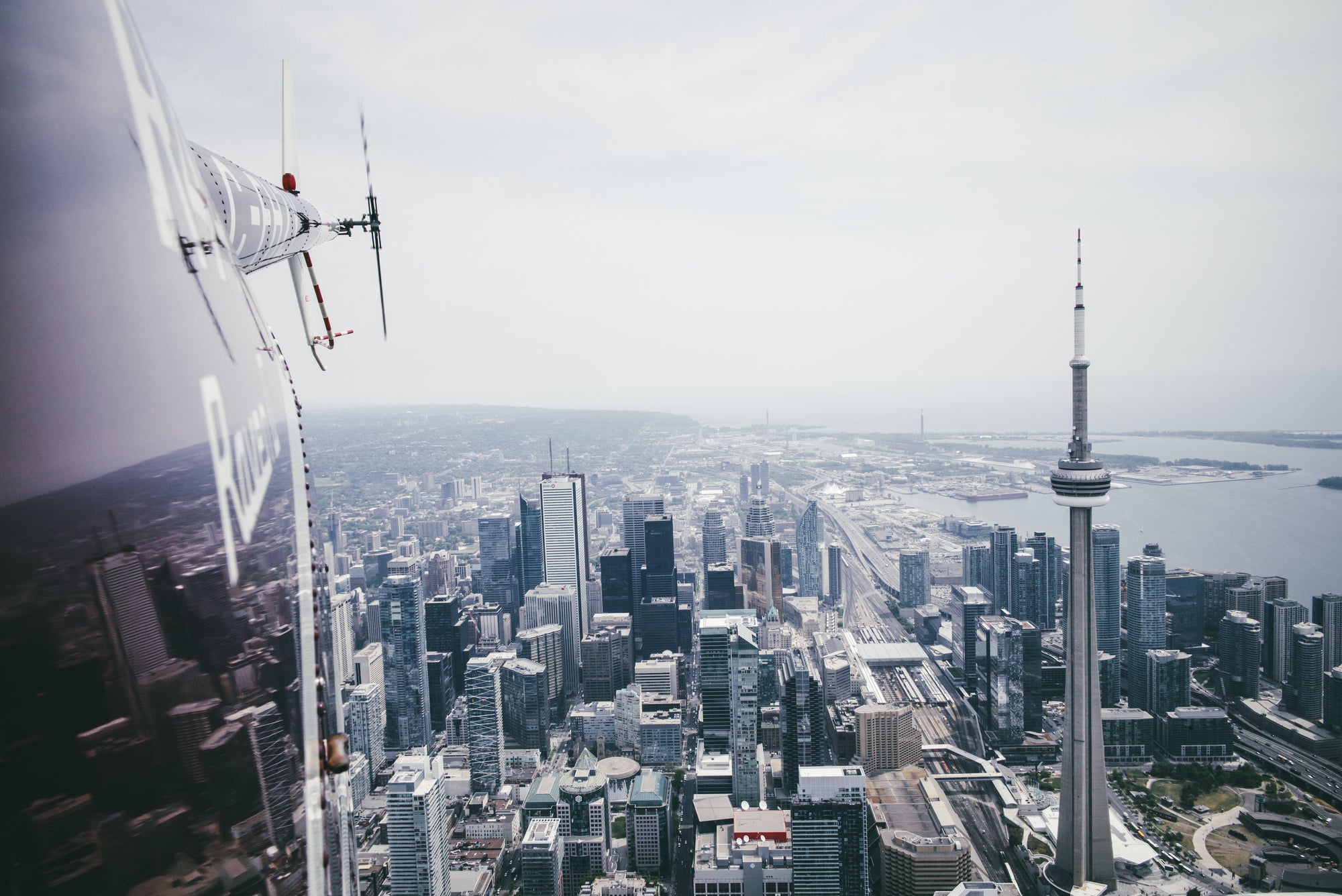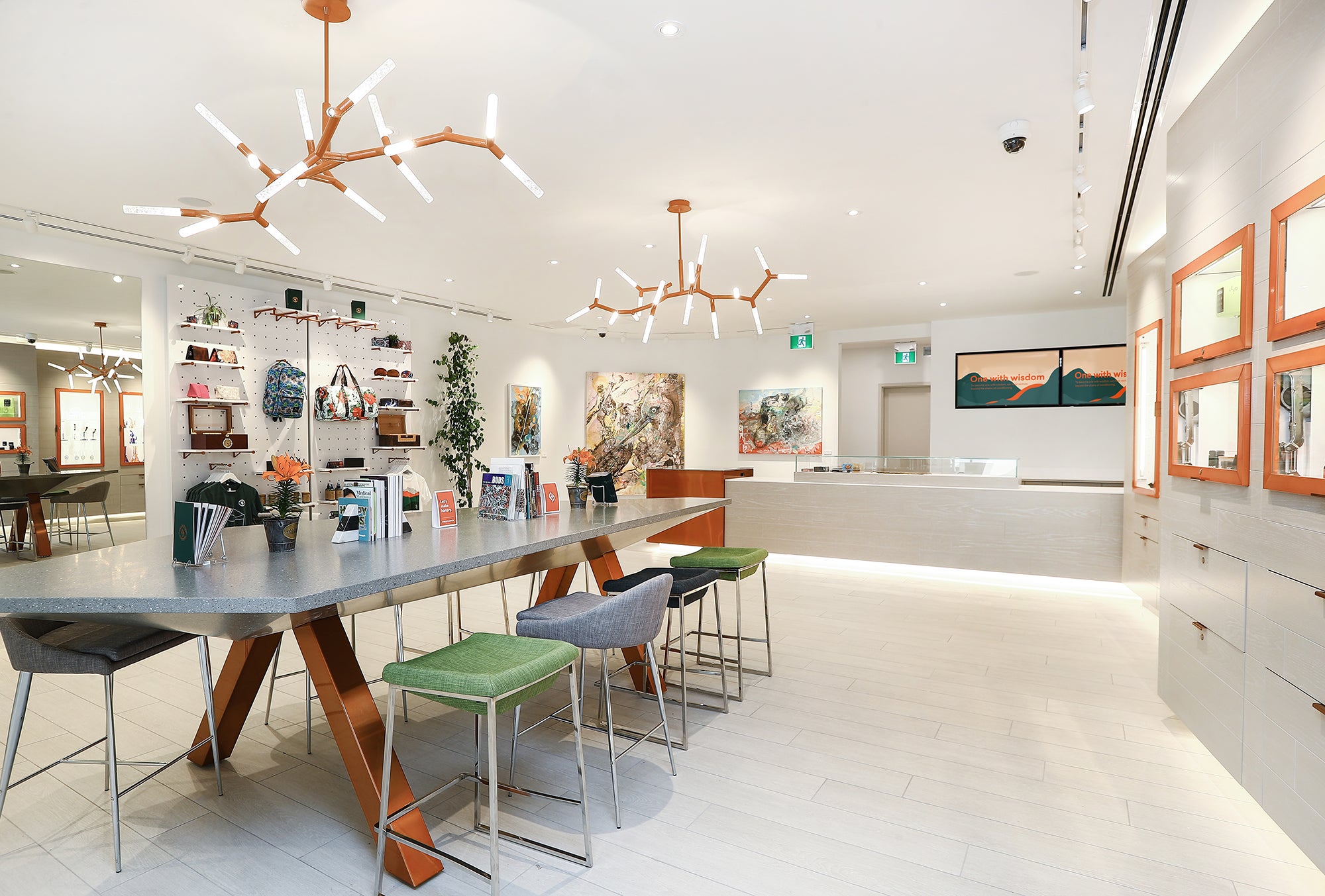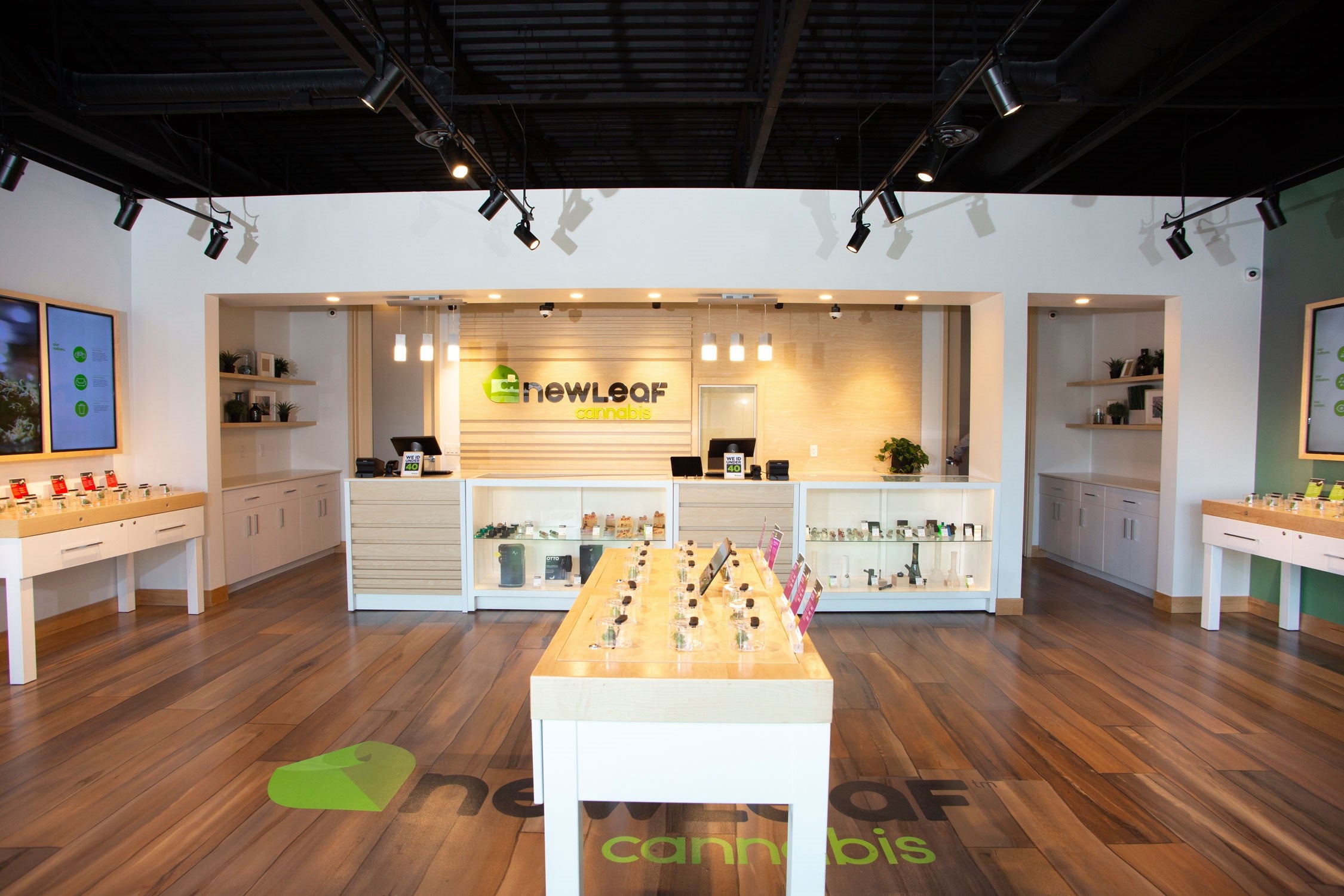Could cannabis tourism be Canada’s next big high after marijuana legalisation?
As the country legalises recreational cannabis use, Mike MacEacheran checks out Canada’s blossoming coffee shop scene

You can smell it on the breeze. Something funky, fresh and earthy. After years on the margins, its true believers are going public, and if you listen in bars and cafes from Ottawa to Vancouver to Montreal, you’ll likely hear talk of the new nationwide manifesto. There are idealists and sceptics, and those who still haven’t made up their mind. Who can use it? Where can it be bought? What’s taken it so long? You may be confused yourself, but clear the fug and one cut and dried reality emerges: Canada is about to go gaga over ganja.
On 17 October, Canada became the second nation in the world to legalise the recreational possession, growth and use of cannabis at every level. Overnight, it turned Canada into the world’s largest country with legal marijuana sales, overtaking Uruguay, which launched similar legislation in 2017. And as the first G7 country to legalise cannabis nationwide (for over 18s in the provinces of Alberta and Quebec; over 19 everywhere else), governments around the world are watching.
If you’re curious, partial to the odd spliff, or relish the freedom to do what you like, then welcome to the new-look Canada, where every city has equal claim to be the centre of North America’s growing marijuana tourism industry. Out will go the beaded curtains, lava lamps, Bob Marley soundtrack and haze of apathy. In will come design-led stores fronted by savvy entrepreneurs keen to explain mind-boggling profile mixes (“Would you prefer the nugget-shaped, toffee-scented Acapulco Gold, or the mellow, giggly and tropical Pineapple Express, madam?”). What cannabis smokers have desired for years is a place to legitimise their passion. Now they have a seriously big one.
“There are plenty of dispensaries and cafes that have popped up already,” says Michele Simpson, media relations manager for Tourism Toronto. “Lots of people at the forefront of the cannabis movement live in Toronto, so it’s natural we’ll see change. There are cafes that have even been open for a while – despite police crackdowns and it being illegal until 17 October.”
The feeling is there may be gold in them hills. According to a 2018 cannabis report from Deloitte, overall consumption is expected to rise by up to 35 per cent, while the industry is forecast to generate up to C$7.17bn (£4.18bn) in sales in 2019. The majority of consumers are expected to buy through newly opened brick-and-mortar stores, and that could pave the way for smoker-friendly city breaks. As of late August, several provinces have government-owned cannabis stores in the pipeline, while others such as British Columbia have received 100 private store applications. Quebec plans to open 20 stores, compared to 250 in Alberta and hundreds more in Ontario. In short, the cannabis industry is ready to bloom.

Could it be the next big thing for tourism? Andrew Hiscock, tourism development officer for Legendary Coasts of Eastern Newfoundland, thinks Canada can definitely benefit. “I go for a walk every night in Saint John’s and I can always smell it,” he says. “So the scene is already evident. With the change in legislation, you could say that coming to Newfoundland will be the quickest way to get high if you fly from Europe. It’s only around five hours from London.”
Like it or not – and many people don’t like it – there is supporting evidence it can spark a sustainable industry. Wine and weed tours are booming in California, one of the nine US states where marijuana consumption is legal. In Colorado, where marijuana was legalised for recreational purposes in 2012, the demand for a Rocky Mountain high has soared more than 50 per cent since 2014. In Europe, Barcelona is moving towards the Dutch model, which has long benefited from cannabis tourism. According to research in Amsterdam, 25 to 30 per cent of tourists come for a Dutch cannabis coffee shop experience. No amount of smoke can distort those figures.
Canada – 3,426 miles from Atlantic to Pacific, pushing 2,900 miles to the Arctic – is a different prospect entirely. Especially as a rollout on this scale is a story rooted in uncharted territory.
“There’s a belief in reefer madness in our province, so we’re struggling to figure out how it’s going to look here,” says Jodi Holliday, a travel specialist for Tourism Saskatchewan. “British Columbia is super happy, of course, but you can’t smell people smoking in a park here like you can in Vancouver.”

It’s tempting to see British Columbia’s liberal, green, hipster metropolis as a new Amsterdam. Vancouver already has plenty of coffee shops where cannabis is smoked openly and authorities turn a blind eye. Walk through Gastown, the city’s historic inner-city core, to Hastings Street and you’ll discover a one-of-a-kind ghetto – gritty, intense, transformational – punctuated by reefer cafes such as the Vancity Bull Dog Cafe and New Amsterdam Cafe. The resulting blocks are as far away from the idea of clean-cut, apologetic Canada as could be imagined. If anywhere can benefit, Vancouver can.
Tokyo Smoke is hoping to cash in on the new wave of customers by marrying fancy coffee with top-drawer merchandise. Its flagship is on Vancouver’s Queen Street West, once named by Vogue as the second-hippest district in the world, and it has five spots in Toronto and one in Calgary (new shops in Hamilton, Vancouver, Montreal and Regina coming soon).
“The dispensing stores we’re building have a different layout and will be geared to handling cannabis retail,” says a spokesperson for Tokyo Smoke. “They’ll be focused on cannabis education, which we’ve always held very near and dear to the Tokyo Smoke brand – we want consumers to be able to make informed choices about the purchases they make.” Those who prefer their cannabis with a fresh-baked patisserie may want to check out Toronto’s Cafe 66, located near the CN Tower.
South of capital Ottawa, Canopy Growth in Smith Falls has jumped in at the deep end. It’s on a mission to become the world’s biggest cannabis company, with sites across Canada and Europe, plus a Snoop Dogg-endorsed product line and a visitor centre. That’s housed in a renovated Hershey’s chocolate factory where you can see “grow rooms” and learn everything about the world’s most controversial little plant. Meanwhile, NewLeaf Canada is set to roll-out four high-concept stores in Calgary, while Fire & Flower will ribbon-cut a dozen outlets across Alberta and Saskatchewan.

Just because recreational cannabis is legal doesn’t mean it is safe, says the Canadian Medical Association. In a statement to The Independent, Dr Gigi Osler, president of the association, talked of a “new era” for Canada.
“We know that cannabis has health risks, can impact the developing brain and can impact mental health conditions. Knowing the risks is imperative before anyone consumes cannabis products. Our prescription? Talk to your doctor or your health professional before using cannabis.”
There it all is. A new future stretching out across Canada. In years to come, such places could become the pioneers of global cannabis tourism. Or they could all go up in smoke – a suitably appropriate metaphor for Canada’s new dawn.
Flying high
On 3 October, Prime Minister Justin Trudeau’s administration announced that domestic air travellers will be able to get legally high. At least in a manner of speaking. As of 17 October, up to 30g of pot will be allowed through security while flying domestically or to US states where marijuana possession is legal.
Join our commenting forum
Join thought-provoking conversations, follow other Independent readers and see their replies
Comments
Bookmark popover
Removed from bookmarks